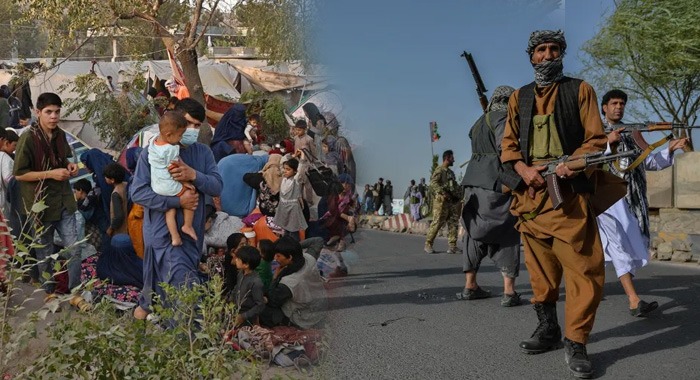The National Resistance Council for the Salvation of Afghanistan has raised alarm over what it describes as systematic forced displacement of indigenous communities across central Afghanistan, particularly in the provinces of Maidan Wardak, Bamiyan, and Ghor. In a statement issued Friday, the council alleged that the Taliban is directly facilitating these expulsions in collaboration with nomadic Kuchi groups, with the apparent aim of engineering demographic change in strategically important areas.
According to the council, local populations have faced threats, dispossession, and expulsion, with fundamental rights systematically denied. The most affected regions include Behsud district in Maidan Wardak, Panjab district in Bamiyan, and several parts of Ghor province, where hundreds of families have reportedly been removed from their homes in recent weeks.
Calling the displacements a clear violation of national values, human rights standards, and Islamic teachings, the council condemned what it termed “collective crimes, structural discrimination, and ethnic cleansing.” It argued that these acts are not isolated, but rather part of a broader Taliban strategy to marginalise historically rooted ethnic communities, erase cultural identities, and consolidate authoritarian control over the country.
The Resistance Council, which includes former mujahideen leaders and political factions opposed to Taliban rule, described the current regime as lacking legal, political, and popular legitimacy. It called on the United Nations, the Office of the High Commissioner for Human Rights (OHCHR), and other international bodies to formally investigate the displacements, document human rights abuses, and condemn the Taliban’s actions in clear terms.
The council emphasised that forced displacements are not only a human rights crisis but a threat to the social fabric and cultural heritage of Afghanistan, urging the international community to act before more communities are uprooted or erased.





